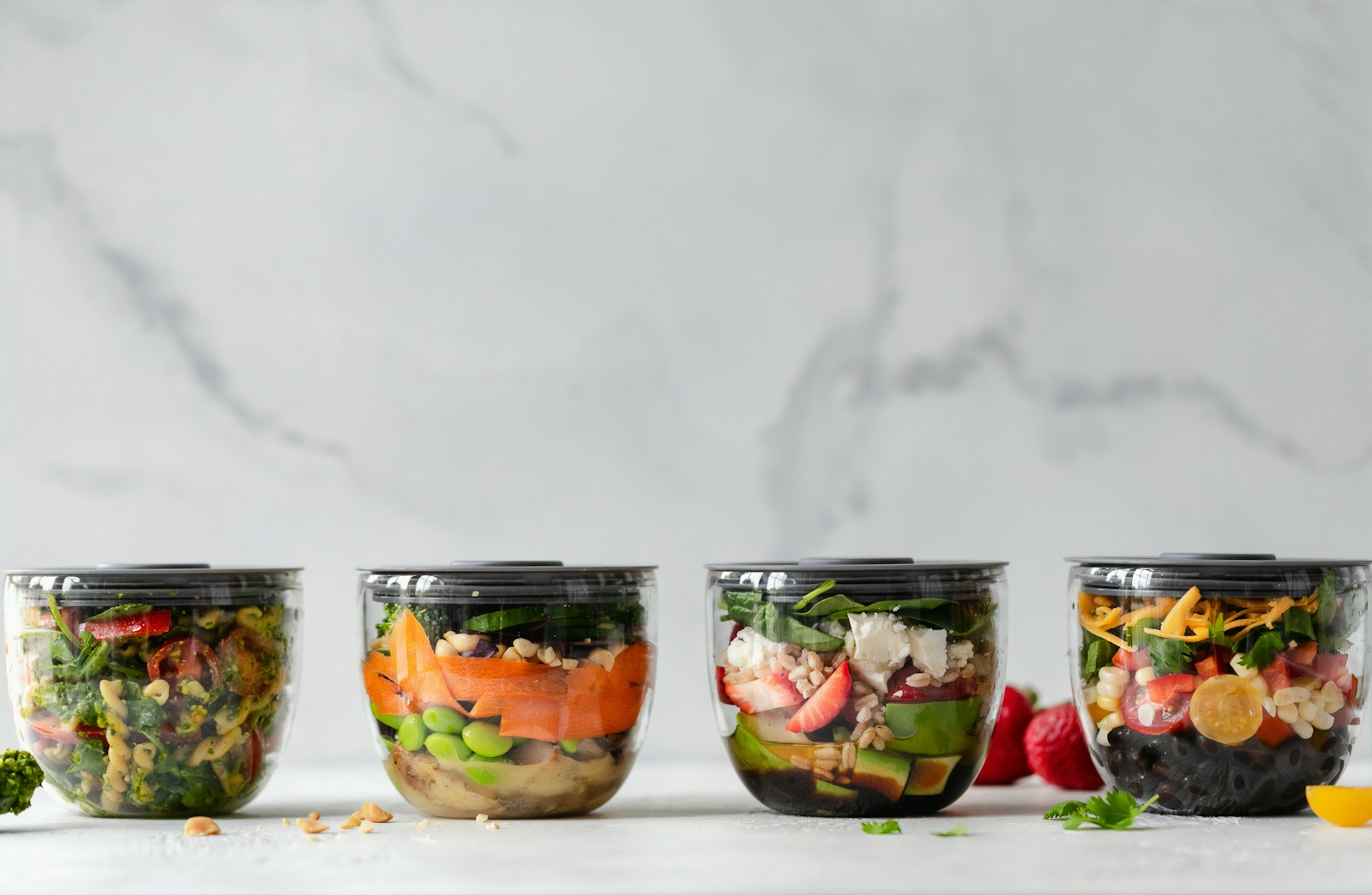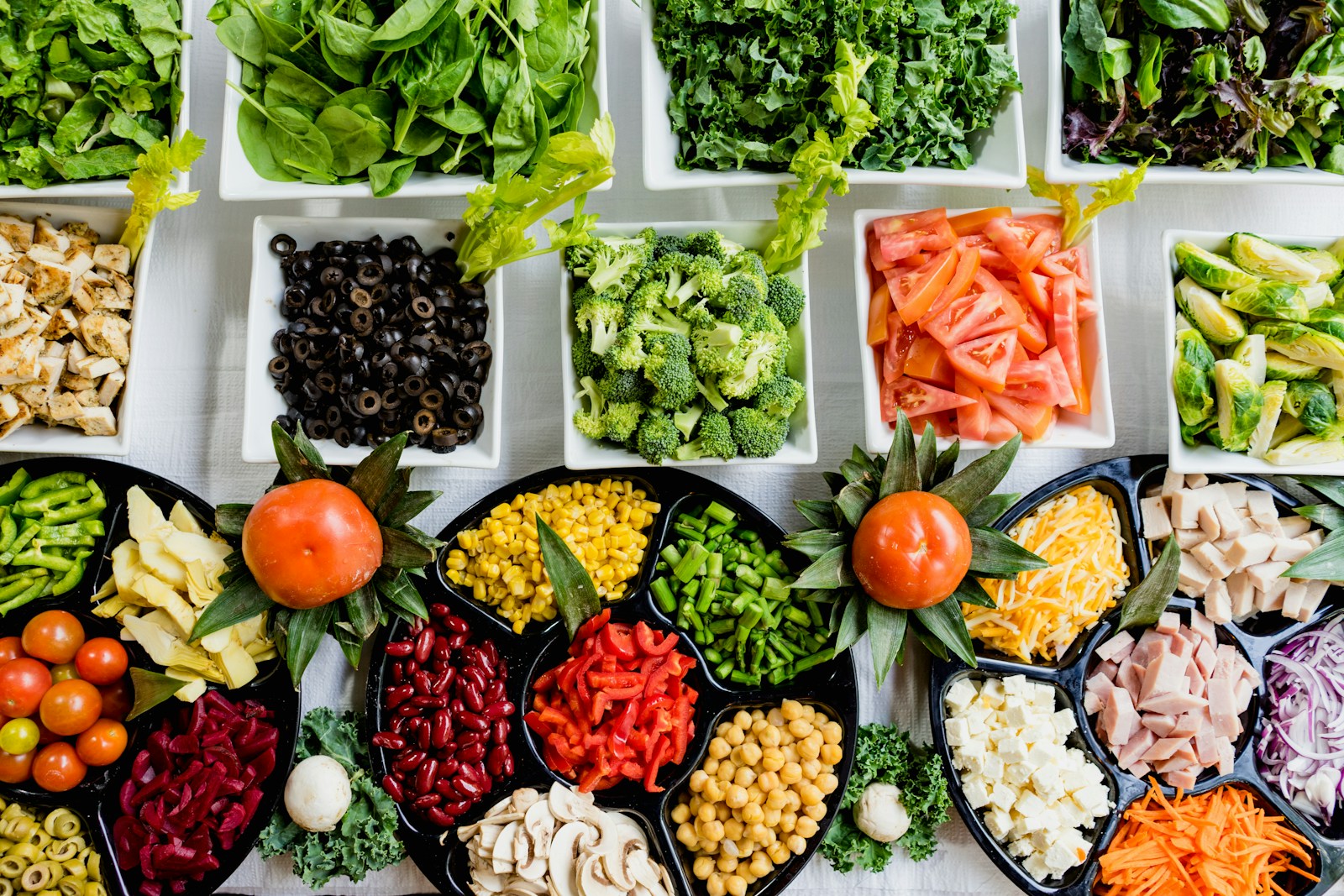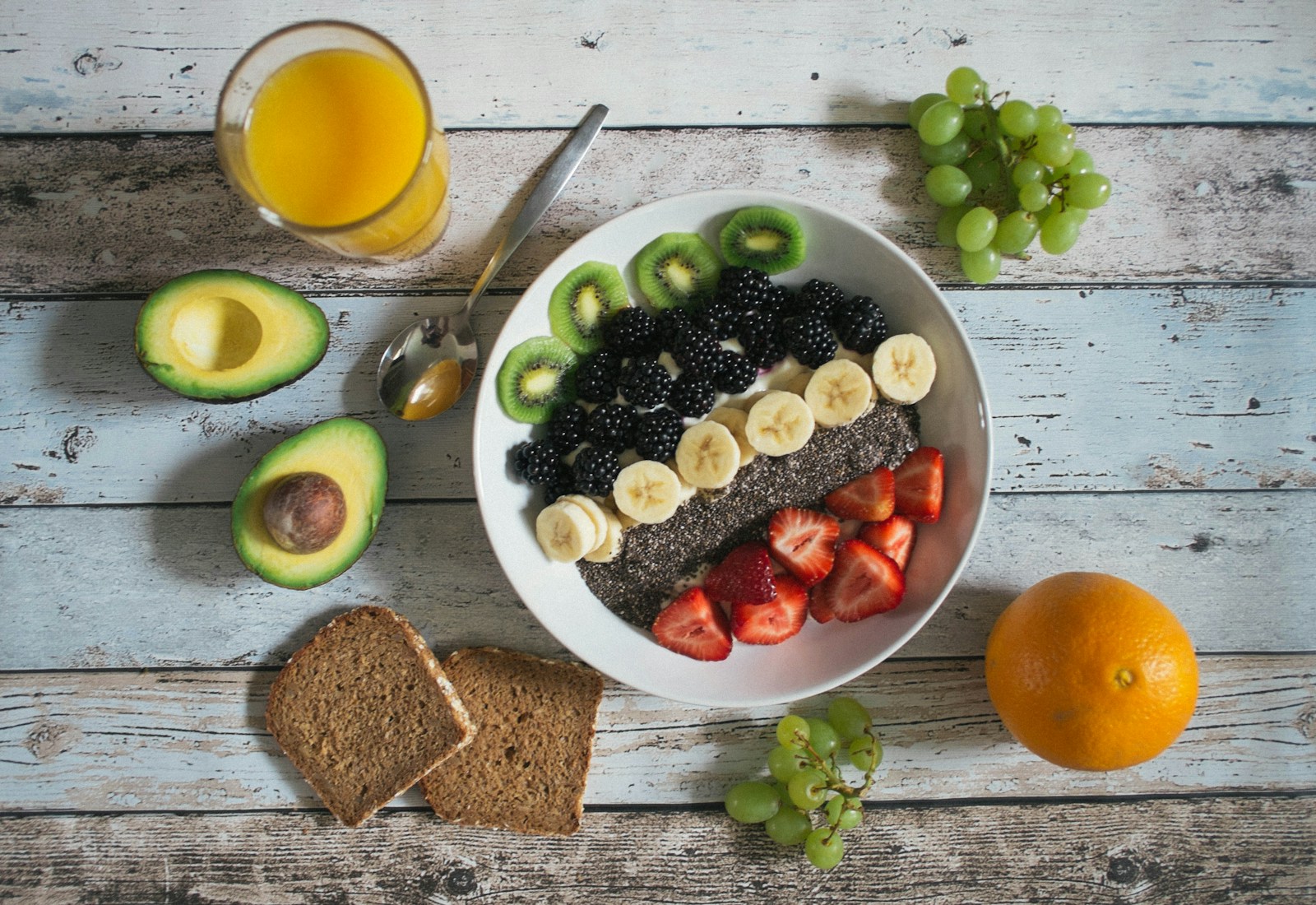Are you tired of struggling to maintain a healthy diet? Meal planning is the key to success when it comes to healthy eating. With the help of expert tips and strategies, you can make the process of meal planning an effortless and enjoyable experience. In this blog post, we will provide you with the essential guidance you need to kickstart your journey towards healthier eating habits.
Table of Contents
Essentials of Meal Planning
Your journey to healthy eating begins with meal planning. By carefully selecting and preparing your meals in advance, you can take control of your nutrition and ensure that you are making choices that align with your health goals.
Tools and Resources for Effective Planning
Planning out your meals requires the right tools and resources to make the process efficient and effective. A meal planner template, a well-stocked pantry, and a variety of healthy recipes are essential for successful meal planning. Utilizing online resources such as recipe websites, nutrition blogs, and meal planning apps can also provide inspiration and guidance as you plan your weekly meals.
Additionally, consider investing in food storage containers, a quality set of kitchen knives, and a slow cooker or instant pot to make the preparation and storage of your meals easier. These tools can streamline the cooking process and make it convenient to have healthy, ready-to-eat options available throughout the week.
Reading and Understanding Nutrition Labels
With the abundance of packaged foods available, reading and understanding nutrition labels is crucial for making informed decisions about the foods you consume. Key details to look for on nutrition labels include serving size, calories, macronutrient breakdown, and ingredient list. This information can help you assess the nutritional value of a product and determine whether it aligns with your dietary needs and preferences.
Reading and understanding nutrition labels empowers you to make health-conscious choices and avoid products that may be high in unhealthy additives, sugars, or artificial ingredients. By developing the skill of analyzing nutrition labels, you can confidently select foods that support your overall well-being and nutritional requirements.
The Art of Crafting a Balanced Meal Plan
Obviously, planning a meal that provides all the essential nutrients while also being delicious and varied can be a daunting task. However, with the right strategies, meal planning can become an enjoyable and rewarding experience.
Incorporating Variety and Nutrients
The key to crafting a balanced meal plan is to incorporate a variety of nutrients and food groups into your meals. Include a colorful array of fruits and vegetables, whole grains, lean proteins, and healthy fats in your diet. By doing so, you ensure that you are getting a wide range of essential vitamins, minerals, and antioxidants that are crucial for overall health and well-being. Incorporating different cooking methods and flavors will also keep things interesting and prevent mealtime monotony.
Planning for Different Dietary Restrictions and Preferences
With the increasing prevalence of dietary restrictions and preferences, it’s important to accommodate diverse needs when crafting a meal plan. Whether it’s vegetarian, vegan, gluten-free, or dairy-free, there are plenty of options available to ensure that everyone’s dietary needs are met. It’s also important to consider individual preferences and dislikes, as this can impact the success of a meal plan.
Nutrients should be a primary focus when planning for different dietary restrictions and preferences. It’s important to ensure that all essential nutrients are adequately provided for, regardless of specific dietary needs. This may involve incorporating a variety of plant-based proteins, alternative sources of calcium, and fortified foods to meet specific dietary requirements.
Time-Saving Strategies and Tips
Now, when it comes to meal planning, time-saving strategies and tips can be a game-changer. Here are some expert tips to make healthy eating and meal planning a breeze:
- Batch cooking: Cook large portions of grains, proteins, and veggies in advance to have them ready for the week.
- Invest in kitchen gadgets: Tools like a slow cooker, Instant Pot, or food processor can help speed up the cooking process.
- Prep smoothie packs: Portion out and freeze ingredients for smoothies to grab and blend on busy mornings.
- Plan simple meals: Focus on recipes that require minimal prep and cooking time.
Though meal planning requires some initial time investment, these time-saving strategies will make the process more efficient and less time-consuming.
Prepping Ingredients in Advance
With our hectic schedules, finding time to cook every day can be a challenge. That’s why prepping ingredients in advance is a game-changer. Pre-cutting veggies, marinating proteins, and cooking grains ahead of time can significantly cut down on meal prep time during the week and make healthy eating much more convenient. By spending just a little time on the weekend to prep ingredients, you can save valuable time during the busy workweek.
Utilizing Leftovers Creatively
Strategies for utilizing leftovers creatively can save both time and money. Instead of reheating the same meal, think of ways to repurpose leftovers into new and exciting dishes. For example, leftover roasted veggies can be turned into a hearty salad or added to a frittata. Cooked grains can be transformed into a delicious grain bowl with the addition of fresh ingredients. By thinking outside the box, you can create new meals from leftovers without sacrificing flavor or nutrition.
Leftovers management, meal prep, and planning creatively are key in maintaining a healthy diet.
Summing up
Drawing together the expert tips and strategies for meal planning, it is clear that with the right approach, healthy eating can be made easy and accessible for everyone. By using these expert guidelines, individuals can take control of their nutrition and create balanced and nutritious meals that fit their lifestyle. With a focus on variety, balance, and practicality, meal planning can become a natural and sustainable part of a healthy lifestyle. With these tools at hand, anyone can achieve their health and wellness goals through the power of meal planning.




